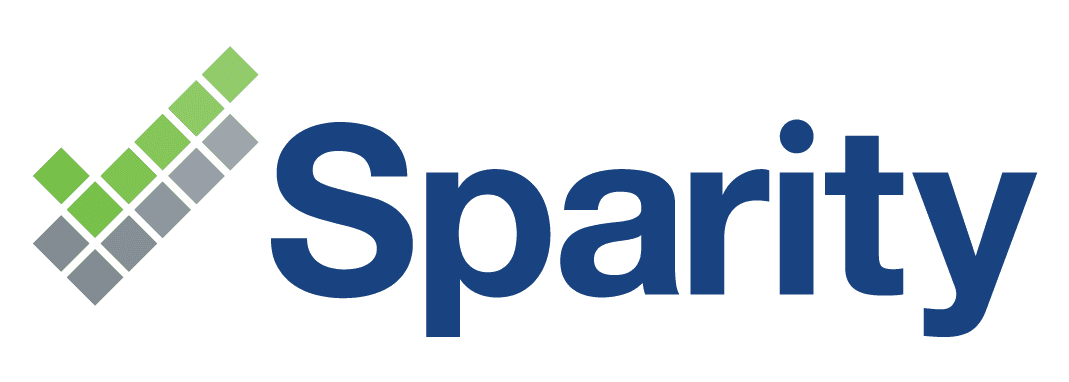
The 8 most reassuring examples of using AI in healthcare
Artificial intelligence (AI) is now the most exciting development in the field of healthcare technology. It has already arrived in some fields, broadening the scope of what radiologists and dermatologists can diagnose, aiding emergency room triage decisions, identifying potentially useful new drugs, and facilitating communication amongst hospitalized patients. But we’ve only scratched the surface here. The dawn of a new era, marked by a technological and cultural upheaval, is near at hand. Here are 8 intriguing instances of algorithms helping healthcare professionals, showing applications already in clinical usage and benefiting medical professionals and patients.
Artificial intelligence can aid in the early diagnosis of atrial fibrillation. AI can determine within a minute if your ECG is normal, if you may have AFib, or if you have “unclassified” risks.
A.I. helps in reducing sepsis-related hospital fatalities. Sepsis Watch deep learning system aids in the evaluation of a patient’s risk of getting sepsis. It notifies the hospital’s fast response team of high-risk patients and helps them through the first three hours of administering care.
Smart bands that can detect Pediatric seizures. In the event of a seizure or impending seizure, wearable devices can alert the individual and/or their loved ones and caregivers.
Dermatologists can benefit from skin-checking algorithms. With the help of a skin-checking app, a user may snap a picture of a suspicious mole or growth on their body, have it analyzed by an artificial intelligence system, and then have their results confirmed by a dermatologist.
Stroke can now be detected on CT scans thanks to artificial intelligence, giving doctors a fighting chance. Artificial intelligence (AI) can analyze computed tomography angiography (CTA) images for signs of large vascular occlusion (LVO) and immediately notify on-call stroke specialists about individuals who may benefit from treatment.
Artificial intelligence uses retinal scans to identify diabetic retinopathy on its own.Automated diabetic retinopathy (DR) screening systems are a promising solution and have been demonstrated to perform at or above the level of human experts on DR classification tasks when assessed on their internal datasets.
AI is assisting pathologists in the diagnosis of metastatic breast cancer. Deep learning models aims to find early signs of the disease, classification, grading, staging, and prognostic prediction.
Artificial intelligence aids to construct drug discovery platforms that are both sophisticated and centralized.
Source: Medicalfuturist

